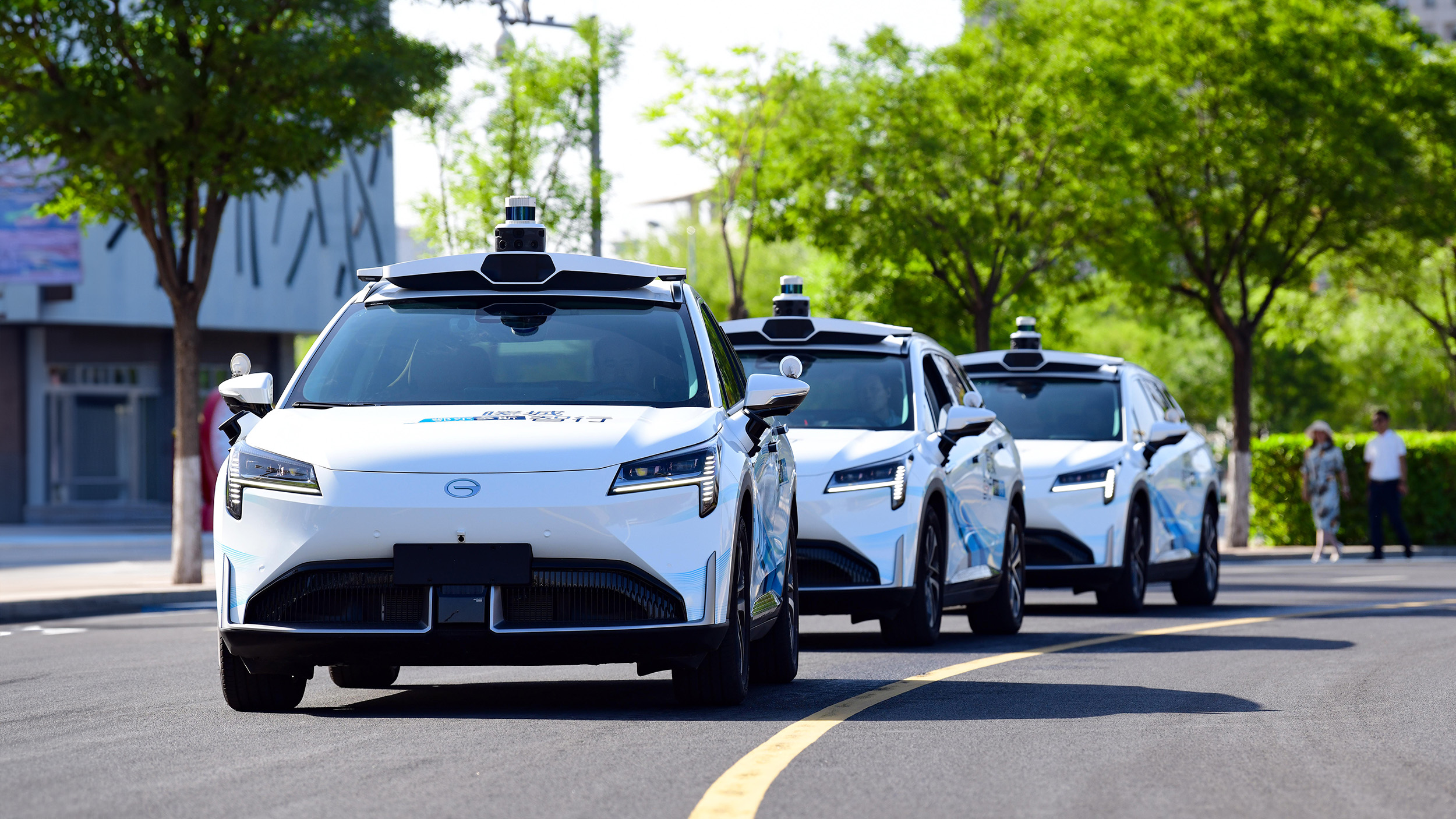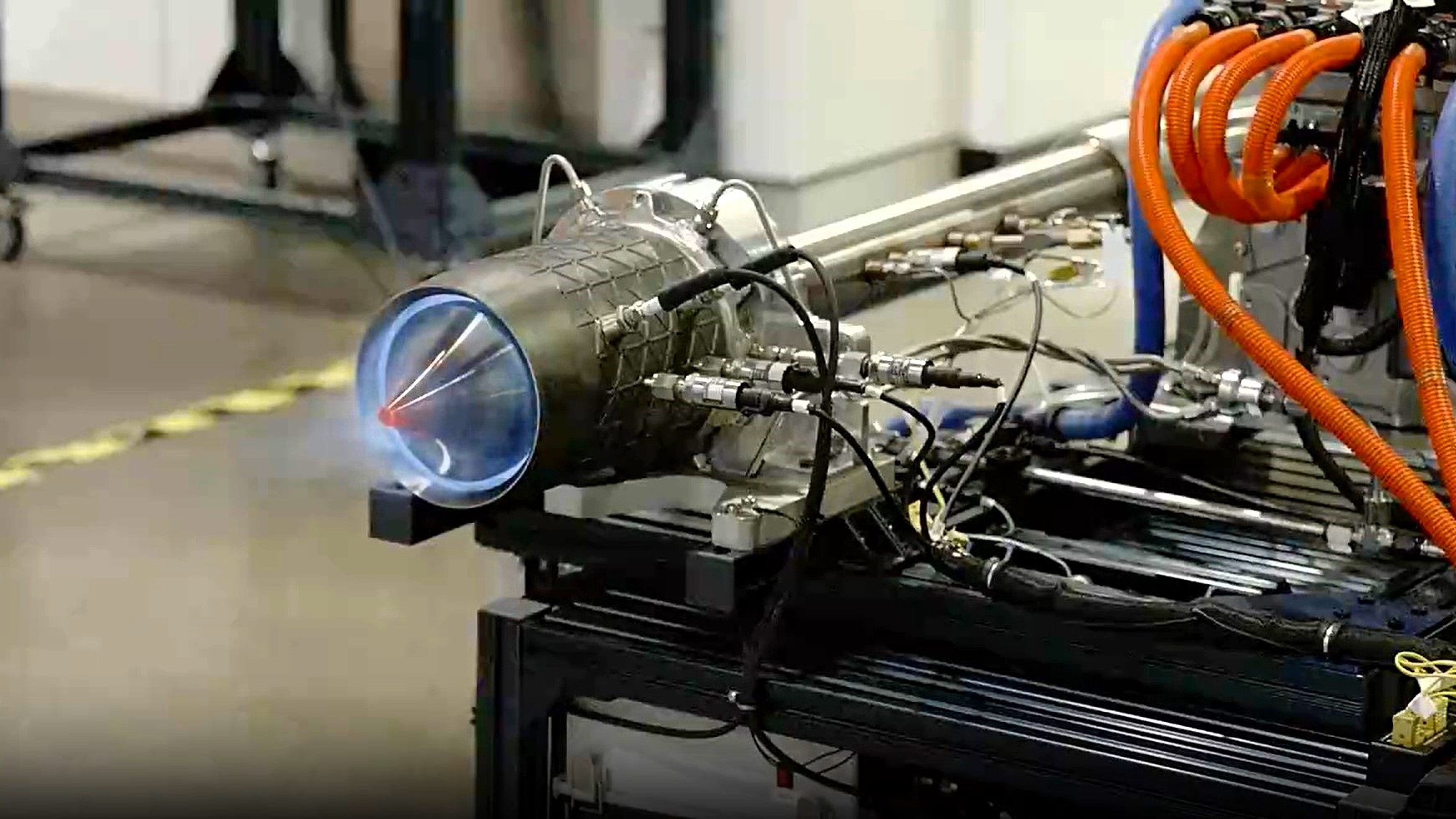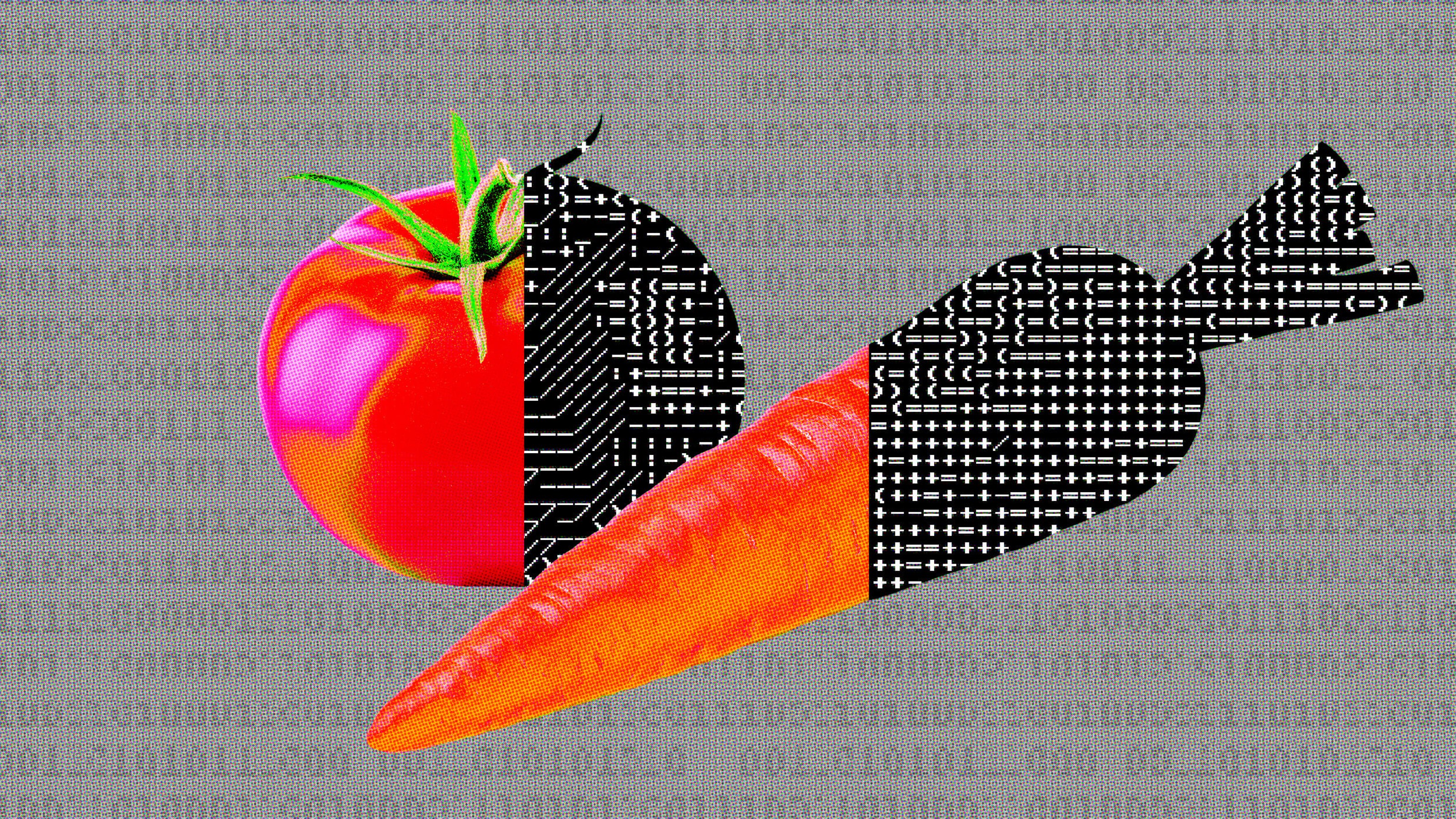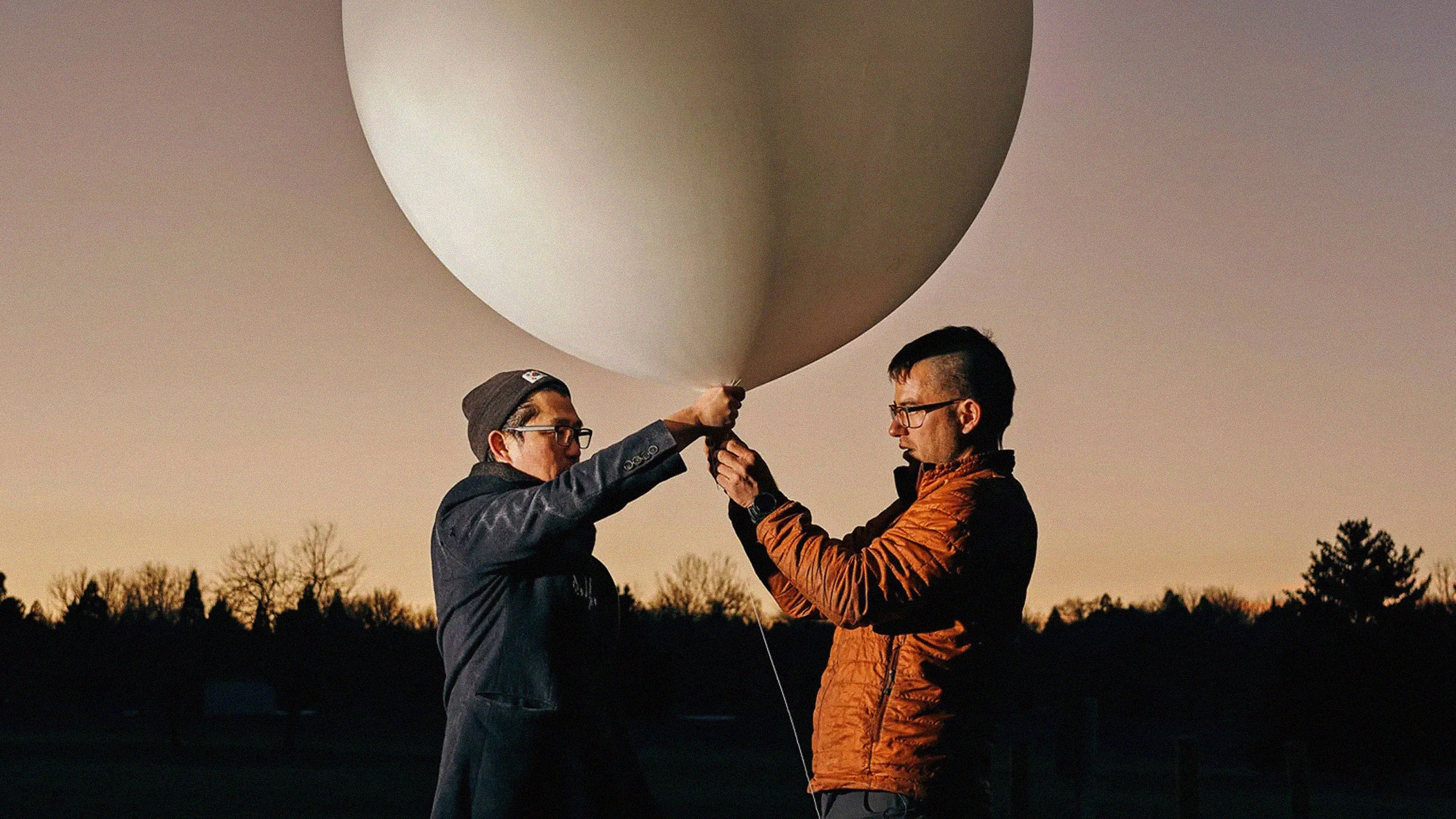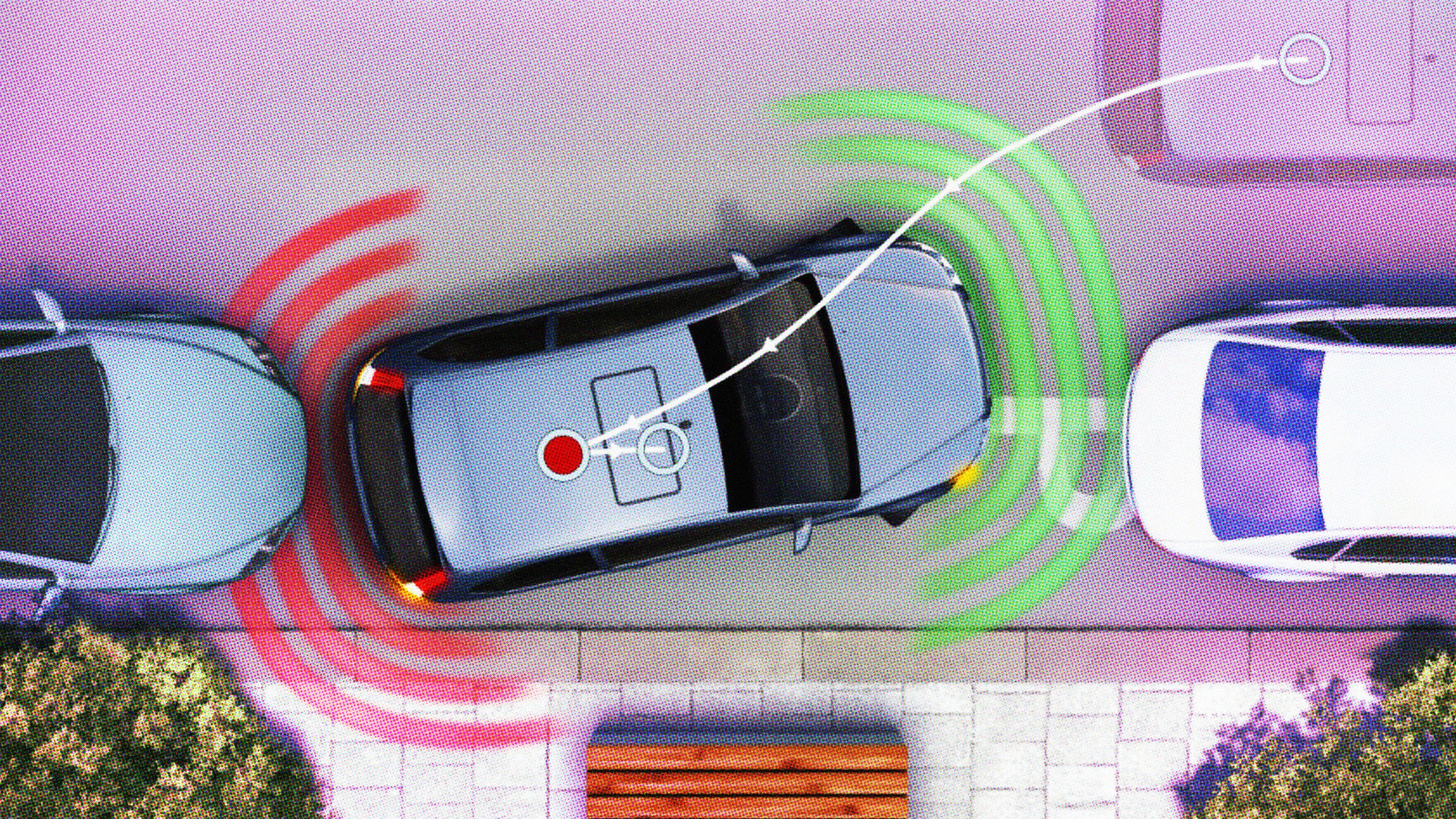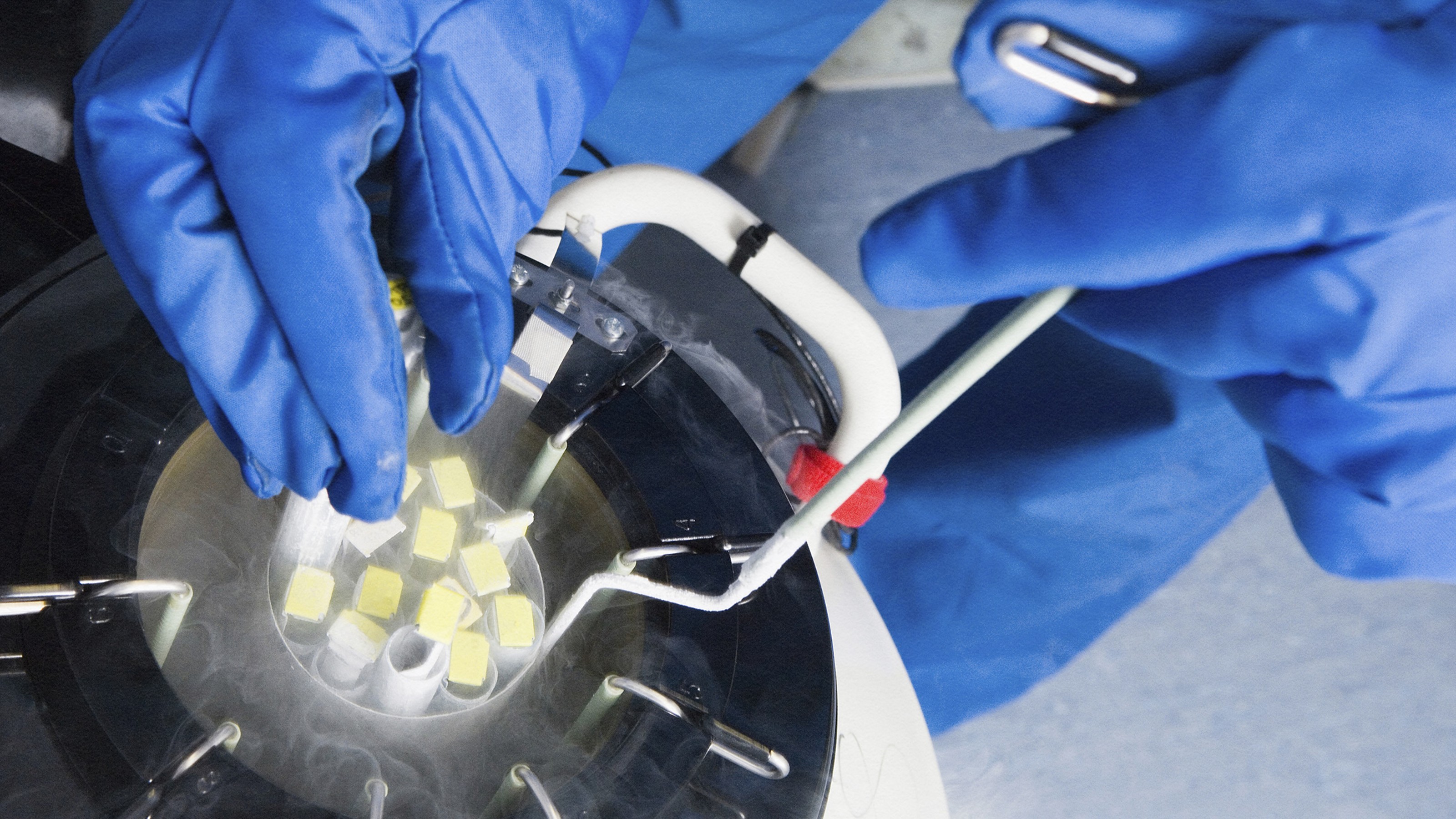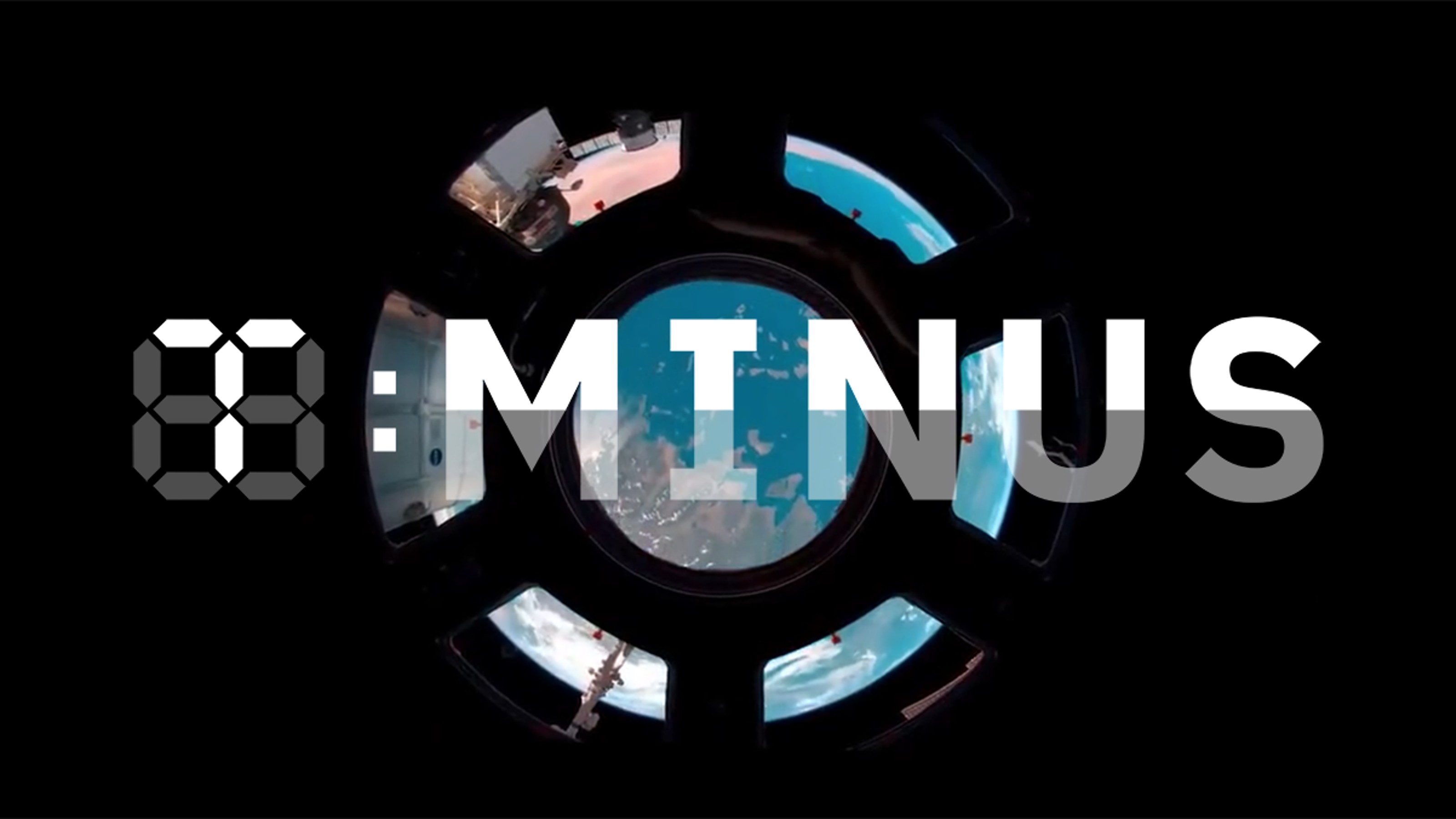The Future
All Stories
“Technology has always been co-opted for war, but truly intelligent AI, let alone a superintelligence, is a different beast entirely.”
Other plans for the tech: organ banking and deep space travel.
“Mainstream computing will start to shift from a race to develop increasingly powerful tools to a race to develop increasingly powerful abilities.”
“You’ll be able to fly twice as fast as a Boeing or Airbus, and it’ll be like the cost of flying business today.”
Experts answer 10 big questions about the nightmare scenario that could send us back to the pre-Space Age.
“Neurotech is not just about the brain,” says Synchron CTO Riki Banerjee, explaining how their tech can help with paralysis, brain diseases, and beyond.
And can we run the grid of the future without AI?
It’s been 65 years since Richard Feynman saw “plenty of room” in the nano-world. Are we finally getting down there?
“Personhood” credentials could cleanse the internet of bots — but are the costs worth it?
By looking back at future dreams we can see our current hopes and visions in a whole new light.
Behind America’s hunt for a superior semiconductor.
“We can build AI scientists that are better than we are… these systems can be superhuman,” says the FutureHouse co-founder.
AI software is rapidly accelerating chip design, potentially leveling up the speed of innovation across the economy.
Hang on to something — or ride the wave — because three big tech trends are about to converge.
Reusable rockets, moon landers, civilian astronauts, and more.
The best autonomous car may be one you don’t even need to own.
Studying why innovation clusters form can shed light on how to better promote research and growth.
“The promise of the Human Genome Project has finally arrived.”
“We are not our grandparents. It’s time to start thinking differently,” journalist Annie Jacobsen told Big Think.
Man seeking meaningful relationship at the intersection of on-demand empathy and Rule 34.
The US needs 28 million EV chargers by 2030. Here’s how it can get there.
The first of these devices is already on the market — the AI-powered Ray-Bans from Meta.
Astro Mechanica’s “turboelectric” jet engines offer a way to transform both commercial flights and space launches.
Hackers are in an arms race with cyber defenders. Will AI tip the balance?
A simple plate of vegetables has found the gaping blindspots in generative AI, and points the way to fixing them.
Make Sunsets is bringing solar geoengineering from sci-fi to reality.
Why the road to self-driving vehicles is paved with smarter “dumb” cars.
How technology could change everything we thought we knew about reproduction.
These startups, space agencies, and aerospace giants are building humanity’s next off-world homes.
When AI eats its own product, it gets sick.















